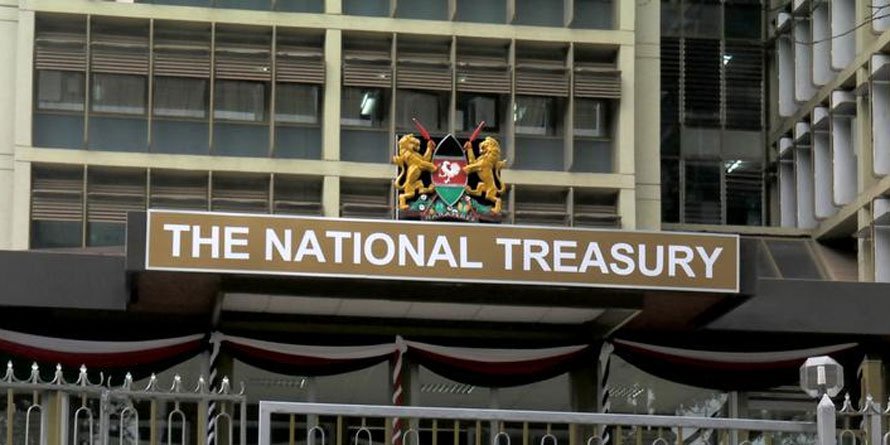Kenya’s treasury is seeking to raise Kes 123.8 billion from sovereign bonds in the next four months and an additional Kes 124.3 billion during the fiscal year starting in July to help finance the budget.

Kenya’s treasury aims to raise Kes 123.8 billion from sovereign bonds sold to foreigners in the next four months and an additional Kes 124.3 billion during the fiscal year starting in July to help finance the budget.
In a medium-term debt management document submitted to the National Assembly, the Treasury said Commercial foreign loans will be limited to financing projects with high returns. It is tilting away from high-interest domestic borrowing to maximize concessional and semi-concessional external debt.
This will be Kenya’s fourth Eurobond in six years and the first, under the current Finance cabinet Secretary, Ukur Yatani’s, who had previously sought to stay off external commercial financing, opting for concessional and semi concessional funding.
Kenya made its inaugural entry into the Eurobond market in June 2014, raising Kes 219 billion on the debut issue. The country continued to load more debt under the Eurobond, getting Kes 82.1 billion from a tap sale of it’s first Eurobond in the same year. Kenya has since then, added two more Eurobond issues in 2018 and 2019, totaling Kes 449 billion.
Kenya’s Pilling Debt
Kenya’s treasury plans a total foreign commercial borrowing of Kes 350.5 billion this year, including the bond, Kes 220 billion of debt refinancing and Kes 6.7 billion shillings in export credit.
In addition, the treasury also expects Kes 82.5 billion in budget support from the World Bank this fiscal year and Kes 74.3 billion shillings during the next fiscal year.
Kenya’s public debt stood at Kes 7.28 trillion by the end of December, equivalent to 65.6% of the country’s gross domestic product in nominal terms.
Earlier on Monday, the International Monetary Fund (IMF) and Kenya agreed on a three-year, Kes 262.5 billion ($2.4 billion) loan to assist Kenya in its response to the covid19 pandemic and to put strong effort to reduce the country’s debt levels relative to GDP which was severely affected by the Coronavirus pandemic.

